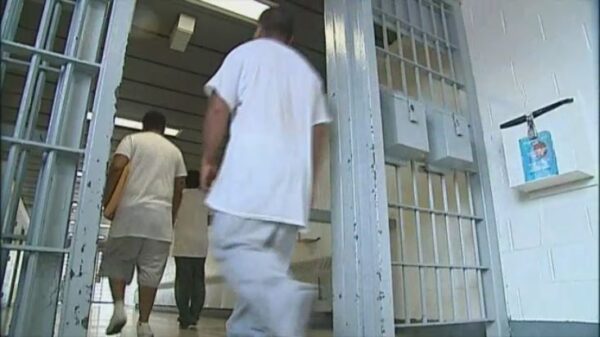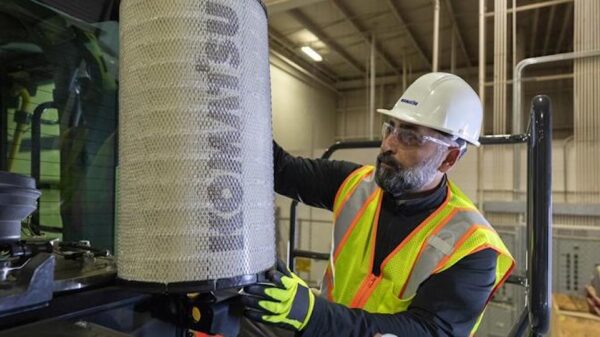UPDATE: The divided Connecticut Supreme Court has just upheld multiple kidnapping convictions against former educator Michael Sharpe, raising urgent concerns about personal privacy in the digital age. In a 4-2 ruling announced earlier today, the court confirmed Sharpe’s guilt in connection with four decades-old kidnapping cases, linking him to the crimes through DNA evidence collected from a discarded belt.
The court’s decision comes amidst a national debate over privacy rights, particularly in light of technological advancements in forensic science. Authorities found Sharpe’s DNA on a belt he threw away, leading to his conviction for horrific gunpoint attacks that occurred in Hartford suburbs in 1984. Sharpe was sentenced to 72 years in prison in 2023, a significant sentence reflecting the severity of these crimes.
The majority opinion, delivered by Justice Andrew J. McDonald, stated there is no privacy expectation for discarded items, affirming that the police acted lawfully by collecting and analyzing Sharpe’s DNA without a warrant. The ruling highlights a growing trend where society is increasingly aware of the implications of DNA technology. “People shed biological materials that the police may later use for identifying suspects,” the majority noted, emphasizing a collective understanding of these realities.
However, dissenting Justices Gregory T. D’Auria and Steven D. Ecker warned that this decision could lead to significant erosion of privacy rights. They cautioned that the ruling sets a dangerous precedent where personal privacy could be compromised by advancements in technology. “By permitting government extraction and analysis of shed DNA without justification, the majority has paved the way for further intrusions,” they argued.
Sharpe’s case has drawn attention not only for its legal implications but also for its human impact. A decade ago, he was a prominent figure in education, receiving tens of millions of dollars in state grants as he attempted to expand Jumoke Academy, a charter school founded by his mother. His ambition crumbled amid scandals, culminating in his arrest when cold case investigators linked him to the crimes through genetic technology.
This ruling raises critical questions about the balance between law enforcement and individual privacy rights. As technology continues to evolve, how will courts navigate the intersection of scientific advancement and constitutional protections?
As the situation develops, many will be watching closely to see how this ruling impacts future cases and privacy rights in Connecticut and beyond. This landmark decision could shape the legal landscape regarding DNA evidence and personal privacy for years to come.
Stay tuned for further updates as this story unfolds.



































































